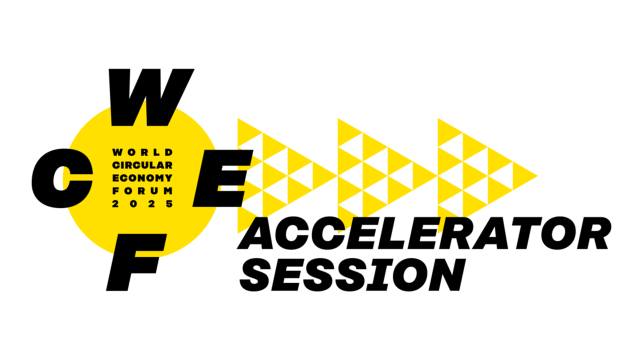Circular Economy: a catalyst for a just and green transformation
Bridging gaps between circular and green economies for a sustainable and resilient future

Circular economies aim to tackle global resource overconsumption by recycling, reusing and refurbishing wherever possible, in order to reduce waste, curb pollution, and drive decarbonisation. This paper explores the potential of circular policy approaches in driving a green, just and inclusive transition, in line with the Green Economy Coalition’s vision and purpose. It highlights global challenges but also identifies opportunities for policymakers and industries to innovate. By fostering cross-sectoral collaboration, reinforcing multi-stakeholder partnerships and adopting circular principles, this paper points the way towards a sustainable and just economic future.
The world faces an accelerating crisis in natural resource consumption, one that outpaces both population growth and economic output. If urgent action is not taken to transition to a circular economy (CE), the global community risks failing to meet critical social, environmental and climate targets. A CE aims to keep materials in use as long as possible through strategies like recycling, reusing and refurbishing.
This approach is essential to the green economy, as it promotes sustainable growth while mitigating environmental impacts like reducing waste, lowering greenhouse gas emissions and curbing pollution. Despite its transformative potential, a CE has yet to be fully integrated into global environmental policies and sectoral practices because of gaps in ability, skills, efforts and knowledge. Industries continue to rely on linear models, driven by outdated practices and insufficient incentives to adopt circular principles. Overall, the world is using fewer circular solutions than ever before, as outlined in the 2024 Circularity Gap Report and the latest Sustainable Development Goals (SDGs) progress report.
However, there has been determined action in recent years with the European Union’s (EU) European Green Deal, launched in 2019, and the EU’s Global Gateway initiative, launched in 2021. In 2024, the Green Economy Coalition (GEC2) started a multi-year programme, funded by the EU, that aims to strengthen civil society voices in the Global South to support the transition towards a fair, green and circular economy.
This white paper underscores the significance of a CE in driving the green, just and inclusive transition, in line with the GEC’s vision and purpose. It connects global challenges, like natural resource depletion, waste management and social equity, with opportunities for policymakers and industries to innovate. By fostering cross-sectoral collaboration, reinforcing multi-stakeholder partnerships and adopting CE principles, we can pave the way for a sustainable, inclusive and just economic future.
- Sofía Martínez, GEC


